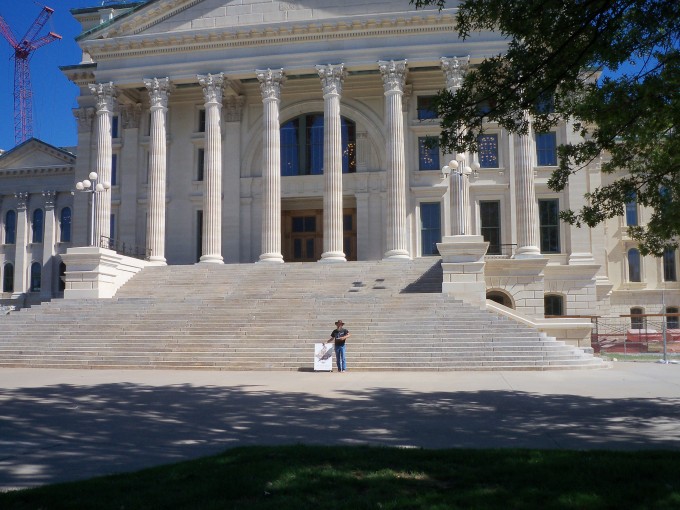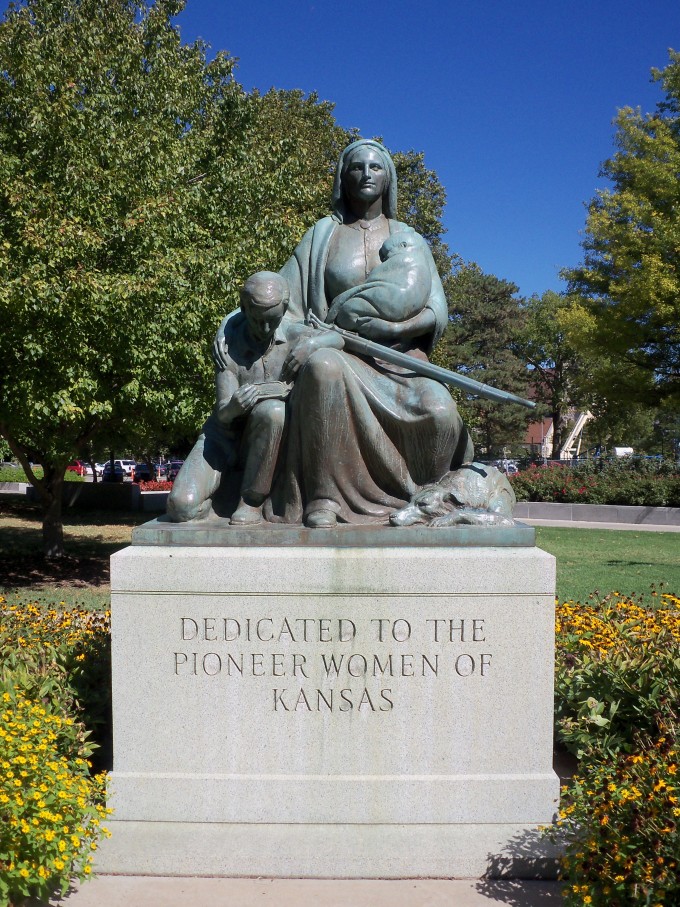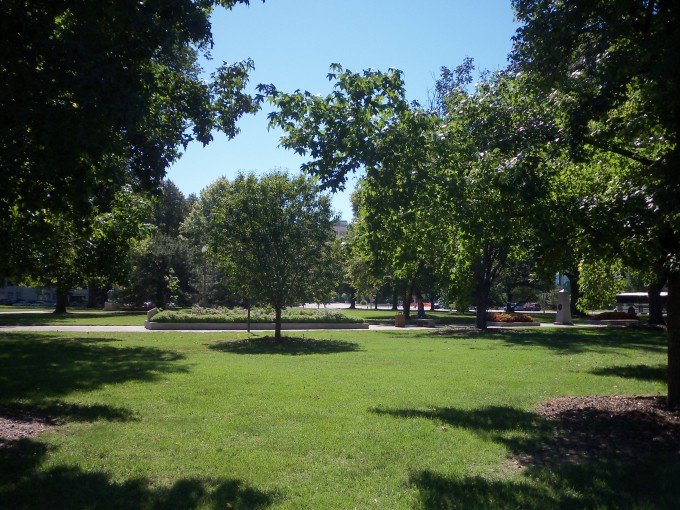
Wednesday, 23 December 2015
…but I was let down in a basket through a window in the wall, and escaped from his hands.
2 Corinthians 11:33
Here Paul details how he made his escape from Damascus. His words here explain “the things which concern my infirmity.” There are other examples of people escaping in such a manner in the Bible. One is found in Joshua 2 –
“Then she let them down by a rope through the window, for her house was on the city wall; she dwelt on the wall.” Joshua 2:15
Another similar account, with less detail, is found in 1 Samuel 9 –
“So Michal let David down through a window. And he went and fled and escaped.” 1 Samuel 19:12
What is explicit in the Joshua account, and which might be inferred from the story of David, is that these men let themselves down by a rope which was thrown over the side for them. However, in Paul’s case, he had to be let down by a “basket.” It shows that he was too infirm on his own to climb down a rope. Thus he seems to be hinting at the shame he felt for having to rely on others to deliver him in this way.
It was in a basket, through a small opening in the wall called a thuris that he was let down. The thuris is only mentioned twice in the Bible, once here and once in Acts 20:9 where Eutychus fell out of the window he was sitting in. Such little windows or doors were placed into the walls of a city for those who dwelt in houses along the wall. Paul was able to get free from his foes in this manner.
Of interest is that the word “basket” here is not the same as that used in Acts 9:5. There it was called a spuris, which is a tightly wound plaited basket of reeds. Here, Paul calls it a sargané. This is a plaited rope basket. This is the only use of this word in the Bible. This probably comes from the Hebrew word sarag, which means to be intertwined. Thus, the same idea is conveyed for both words. If this comes from sarag, which is likely, Paul is subtly continuing with his comparison of himself to the false apostles by using a word of Hebrew rather than Greek origin.
Life application: God uses those who are dependent on Him and often that dependence on Him is realized in the assistance of others. Paul was placed in a situation where he needed the help of others in order to find his relief. There is nothing wrong with showing such dependence on those around us, particularly when we realize that God placed them in our lives for that very reason.
Lord, it is good to know that You are there for those who depend on You. And even more, You often put us in a position where we need to depend on others. If you have put us in that position, then the help from those others is Your divinely directed way of providing us relief. And so Lord, help us to not shun the help of others through pride, but to be thankful to You for those who do come into our life in order to relieve our needs. In the end, You have us just where You want us, even in such times. Amen.




